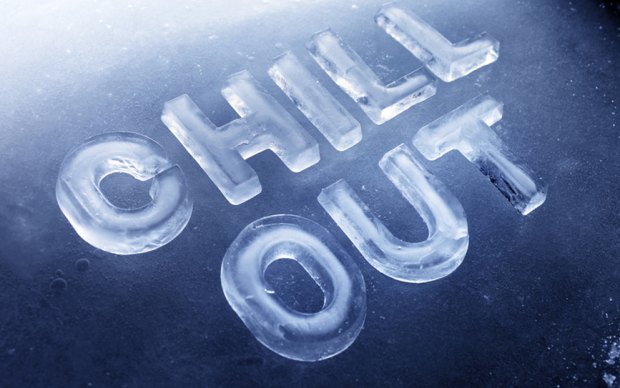Defensive Driving Tip #11: Chill Out!
 Driving safely is all about attitude. In fact, all I can really teach you is attitude. Think about it—if you’ve been driving for a while, you know most all the rules—OK, so maybe you do need a refresher occasionally—and you know how to do Defensive Driving. You may not think you do—but you do. You learn by surviving to drive another day. What we often lose sight of are the dangers of driving—it is such a normal part of our lives that we don’t consciously think about how dangerous it really is. Thinking about this occasionally is a good thing.
Driving safely is all about attitude. In fact, all I can really teach you is attitude. Think about it—if you’ve been driving for a while, you know most all the rules—OK, so maybe you do need a refresher occasionally—and you know how to do Defensive Driving. You may not think you do—but you do. You learn by surviving to drive another day. What we often lose sight of are the dangers of driving—it is such a normal part of our lives that we don’t consciously think about how dangerous it really is. Thinking about this occasionally is a good thing.
The first car accident in the United States happened in New York City on May 30, 1896. Henry Wells from Springfield, Massachusetts was driving his Duryea Motor Wagon when he collided with a bicycle rider. Her name was Evylyn Thomas and she was brought to Manhattan Hospital with a broken leg. If you drive, you will be involved in conflicts. You can’t totally control them, but you can control how you react to them. What makes the difference, and what you need to remain safe in today’s traffic circus, is to keep a calm, positive, and detached attitude. This is something you can LEARN to do.
I can tell you from experience, most of the tickets or mishaps I’ve ever had happened when I was angry or upset (there’ve been a few). When your emotions are running high, your judgment can fail you, and you may not notice otherwise apparent, even obvious, dangers. If you find yourself driving while emotionally stressed or upset, it is important that you pull over, take a few deep breaths and calm down, before something happens that would be a cause for further regret.
Since we all make mistakes in our driving, it goes without saying that at any given moment, other drivers are doing exactly that—making mistakes, not intentionally malicious moves. When other drivers do something wrong, shouldn’t our reaction be to let it slide, chalk it up to unintentional human error, the same as we hope they’d do for us?
Remember these words: “It doesn’t matter.” When other drivers make mistakes, or are rude (even intentionally), what do you gain by letting it affect your attitude or behavior? It doesn’t matter. In ten minutes, you won’t even remember that it happened. Since we are all human, we can’t be perfect all the time. Don’t let the error the other driver commits be the reason you lose control (one way or another) and have a collision, or worse. Many collisions occur when a driver is mad, upset, stressed, or distracted in some way. Try to keep your attitude rational, calm and positive. If you do get a ticket take our defensive driving class. 2passdd.com
